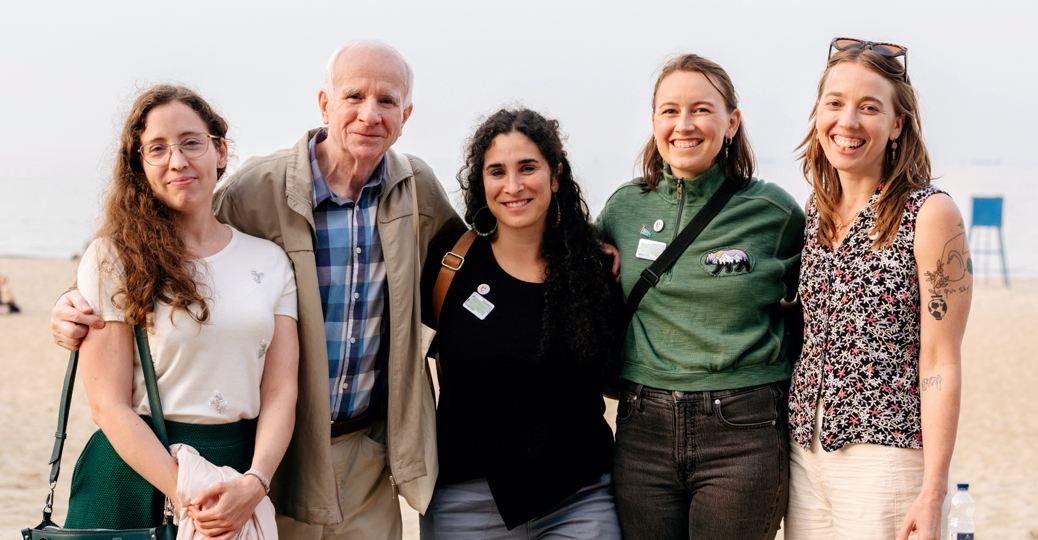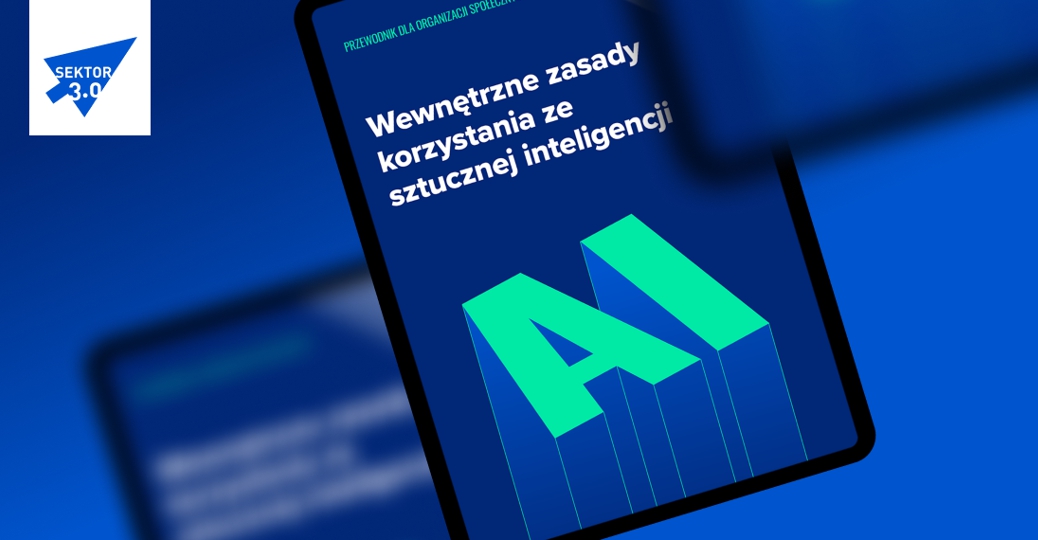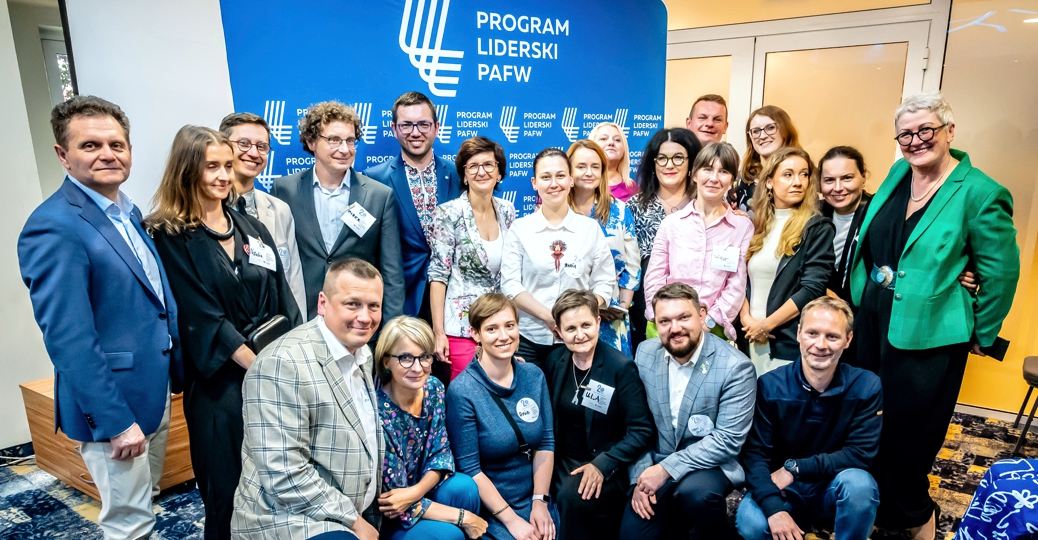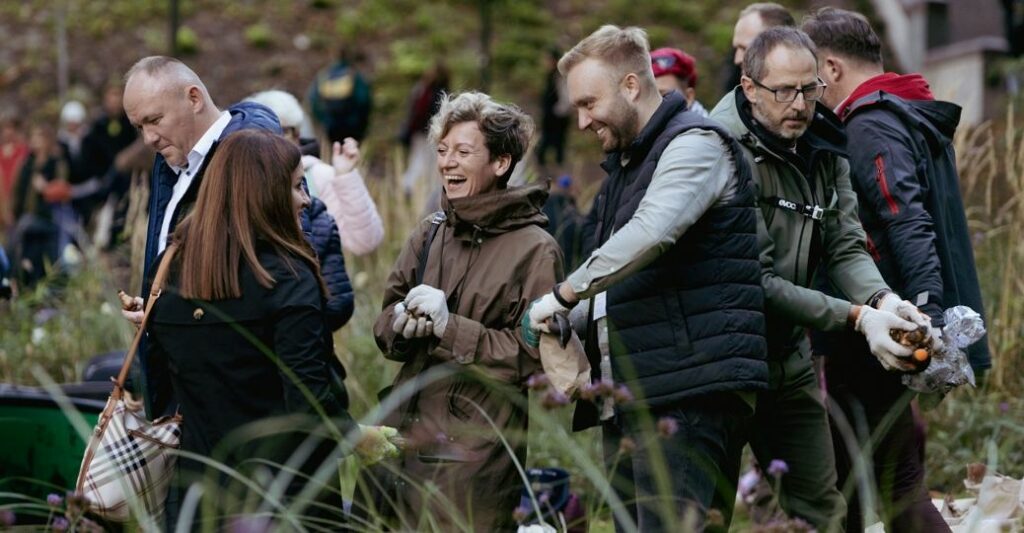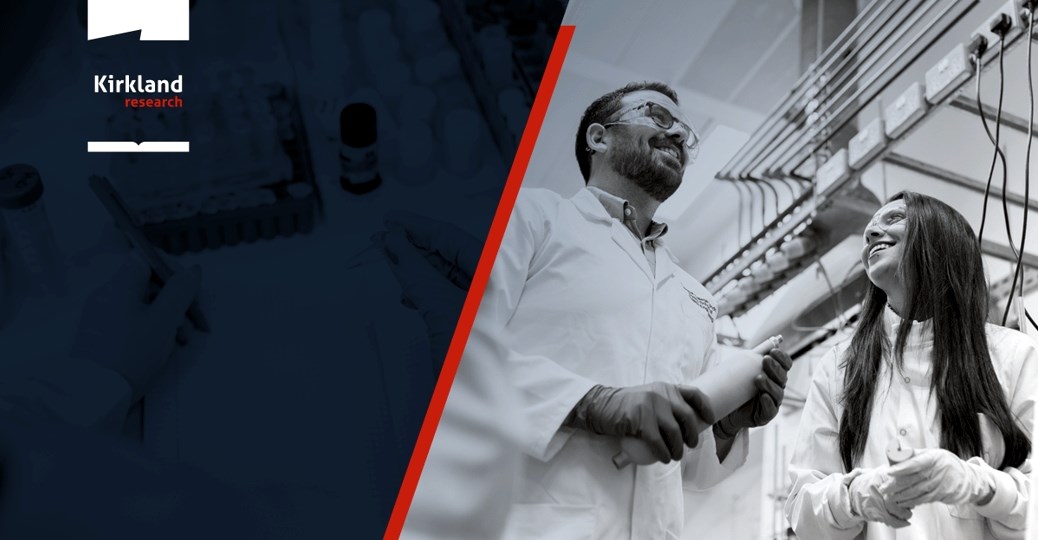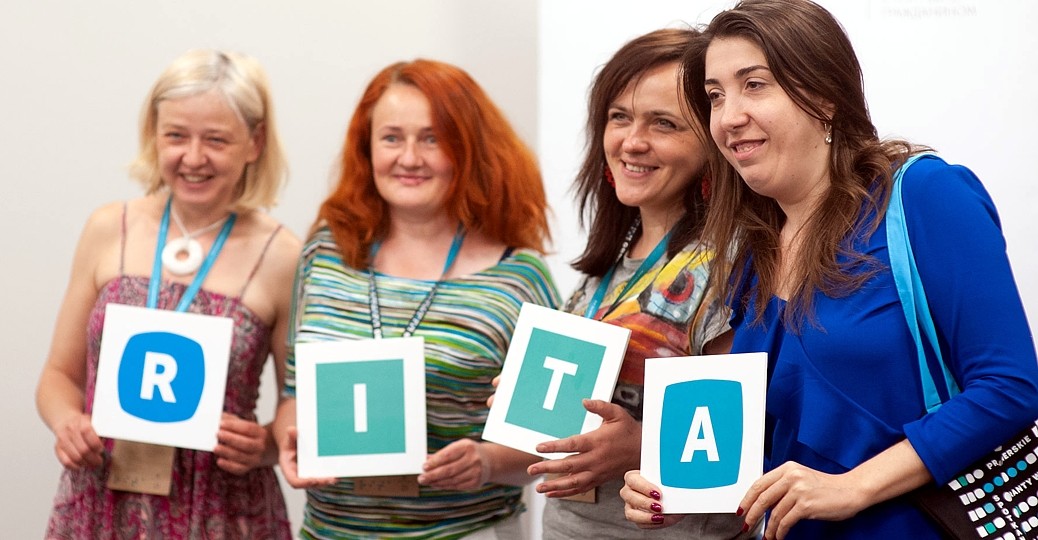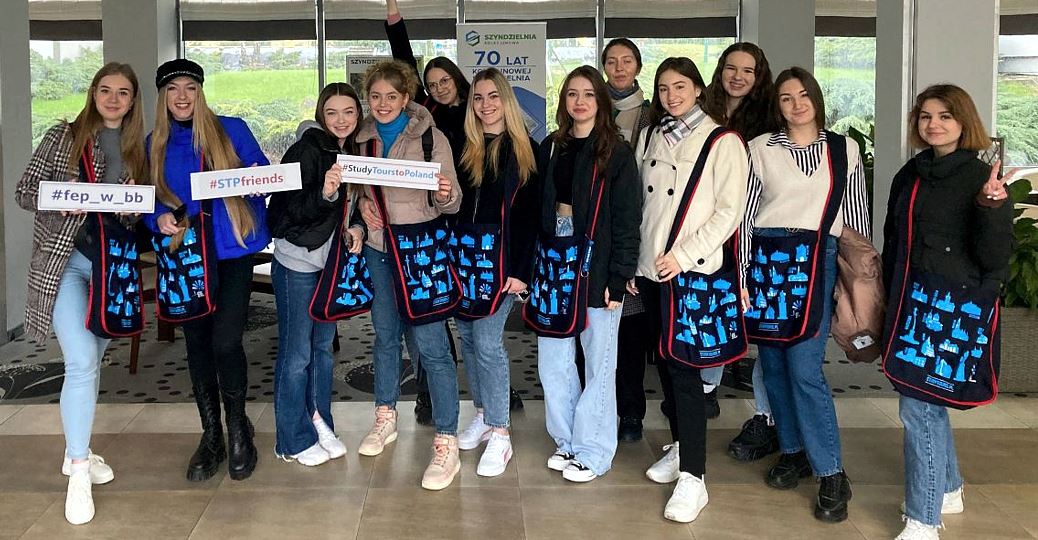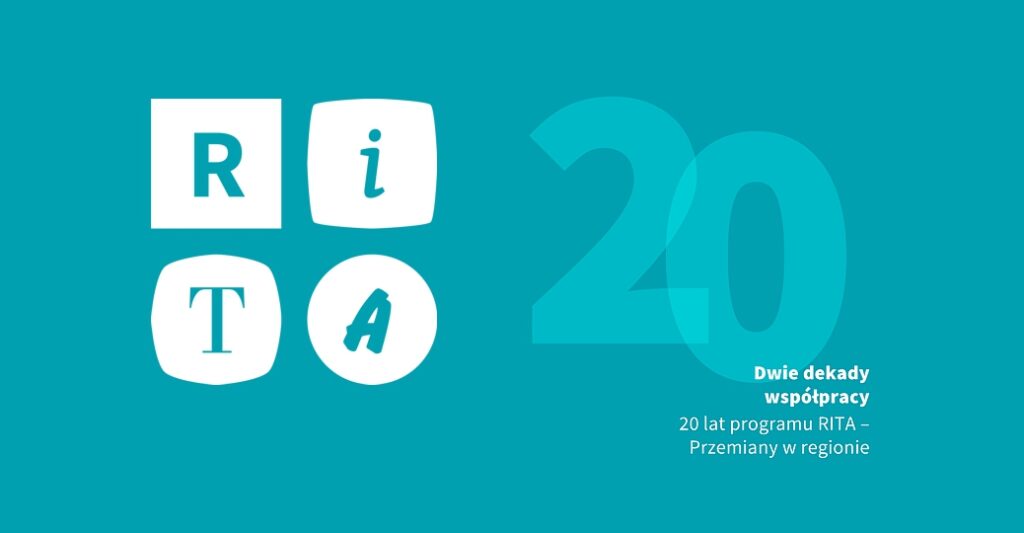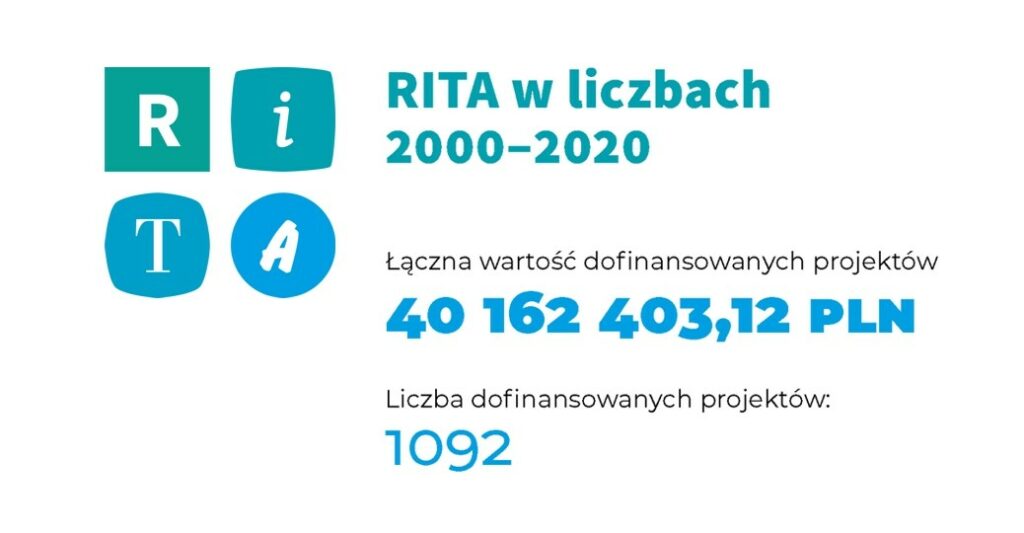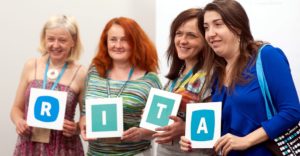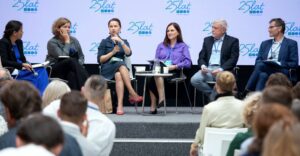Almost 60 Polish NGOs and their partner organizations in Central and Eastern European countries participated in the Ambassadors of the Region in Transition meeting held online on June 11. This year’s meeting made an opportunity to sum-up 20 years of the “Region in Transition” (RITA) Program whose anniversary wasn’t celebrated last year due to Covid-19 pandemic.
To mark the anniversary, the Two Decades Of Cooperation. 20 Years of RITA Program – The Region in Transition publication was published to present achievements and experience of that initiative.
The meeting started with the address on over 20 year-long history of the “RITA” Program and its results given by Polish-American Freedom Foundation President and CEO Jerzy Koźmiński. The PAFF President noted, among other things, that thanks to the “Region in Transition” Program a big community deeply involved in supporting pro-democratic and free market transition of countries of Eastern Europe, South Caucasus and Central Asia was established. That community, especially in such significant times as Revolution of Dignity, Armenian Velvet Revolution or on-going pandemic, has shown that partnership is more important than individual actions held on a one-time basis. In turn, President of Education for Democracy Foundation Martyna Bogaczyk pointed to the importance of good interpersonal relations that are building trust and openness with help of the “RITA” program, as well as efficiency of communication and involvement which impact contact continuity of participants of various projects. The first part of the meeting was summed up in form of presentation of the “Region in Transition” (RITA) Program experiences gained over its 20 years of operation given by the Education for Democracy Foundation projects coordinators Ewa Sobiesak and Agnieszka Świeczka.
Next, the meeting participants took part in Communities And Societies at The Time of And After the Pandemic – Challenges, Changes and Returns panel discussion focused mainly on the impact of pandemic on civil society development in countries covered by the “RITA” Program. There were also three thematic meetings: Polish Experiences in Ecology and Environmental Protection conducted by Agnieszka Makowska and Piotr Trzaskowski of the Ziarno Foundation; Local Actions at the Time of and After Pandemic conducted by Martyna Studzińska of Mazowia Federation; and Where We Take Information From conducted by Maciej Sopyło of Information Society Development Foundation. There were also so-called “country tables” – meetings with guests from Ukraine, Belarus, Georgia, South Caucasus and Central Asia – allowing experience sharing and conversations with experts. After the official part of the meeting there were several workshops on Georgian culture and Georgian cuisine.
The meeting was attended by a total of approx. 70 participants representing almost 60 Polish NGOs and partner organizations of Central and Eastern European countries.
Launched in 2000, the “Region in Transition” (RITA) Program is addressed to NGOs that want to share Polish experiences in social and economic transformation with partners in countries in Eastern Europe, South Caucasus and Central Asia. Open grant competitions are held for Polish NGOs in which grants are awarded for projects aimed at sharing Polish experiences, especially in the area of civil society development, social assistance, local government transformation, educational reform and free media.
Over 20 years the program awarded grants for more than 1,100 projects in a total amount of over PLN 40 m. Majority of projects were addressed to Ukraine (39%), Belarus (13%), and Russia (10%), but there were also projects for other countries – Moldova, Armenia, Azerbaijan, Georgia, Kyrgyzstan, Kazakhstan, Tajikistan, and since 2018 also Uzbekistan. On top of that, Polish NGOs and schools are offered training and expert support, as well as assistance in establishing contacts and development of cooperation with partners from abroad. Every two years the “RITA” Program grant winners meet at the Ambassadors of the Region in Transition meeting.
The Manager of the program is Education for Democracy Foundation.









